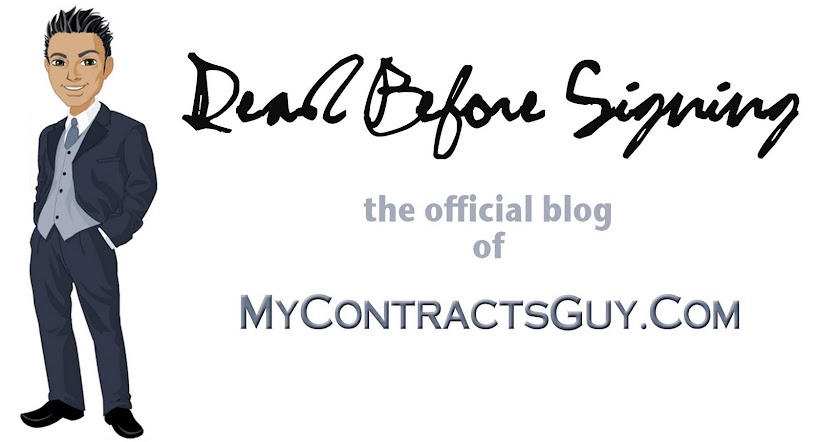There's a saying that lawyers have about the "E" in e-mail, and it says quite simply that the "E" stands for "evidence". So what does this mean for you? Well, if you haven't figured it out by now there's nothing private or temporary about e-mail. No matter how good your password is or how secretly you keep your account, your e-mail is more public and more permanent than almost anything else about you. So that's the bad news. The good news is, it's easier to get things "in writing" than it's ever been before.
I'm certainly not the first lawyer (or any type of professional) to tell you to "get it in writing". As anyone who works with contracts will tell you, you don't need a writing to have a contract, but it sure makes things a lot easier. The same goes for almost any type of evidence you might need: a conversation you're having with a contractor, a discussion between business partners, or the negotiation of a large transaction. E-mail has become as ubiquitous as phone calls and face-to-face conversations, and for many of us (me included) the preferred method for professional communications. As a result, it can seem just as informal and the other forms listed - but unlike the others, there is an exact record of the conversation.
The moral of the story is, if you're dealing with someone that you may end up in an adversarial action against, think carefully about how you use e-mail. If they're in an advantageous position to you - suggesting e-mail communication will allow you to have the evidence you need in case things go sideways. If you're in the catbird seat, you may want to stick to phone calls and live chats, whose evidenciary value is only as good as the he-said/she-said game used to find out what was really said.
And as always, when in doubt, ask a lawyer. We might even e-mail you the answer.










0 comments:
Post a Comment